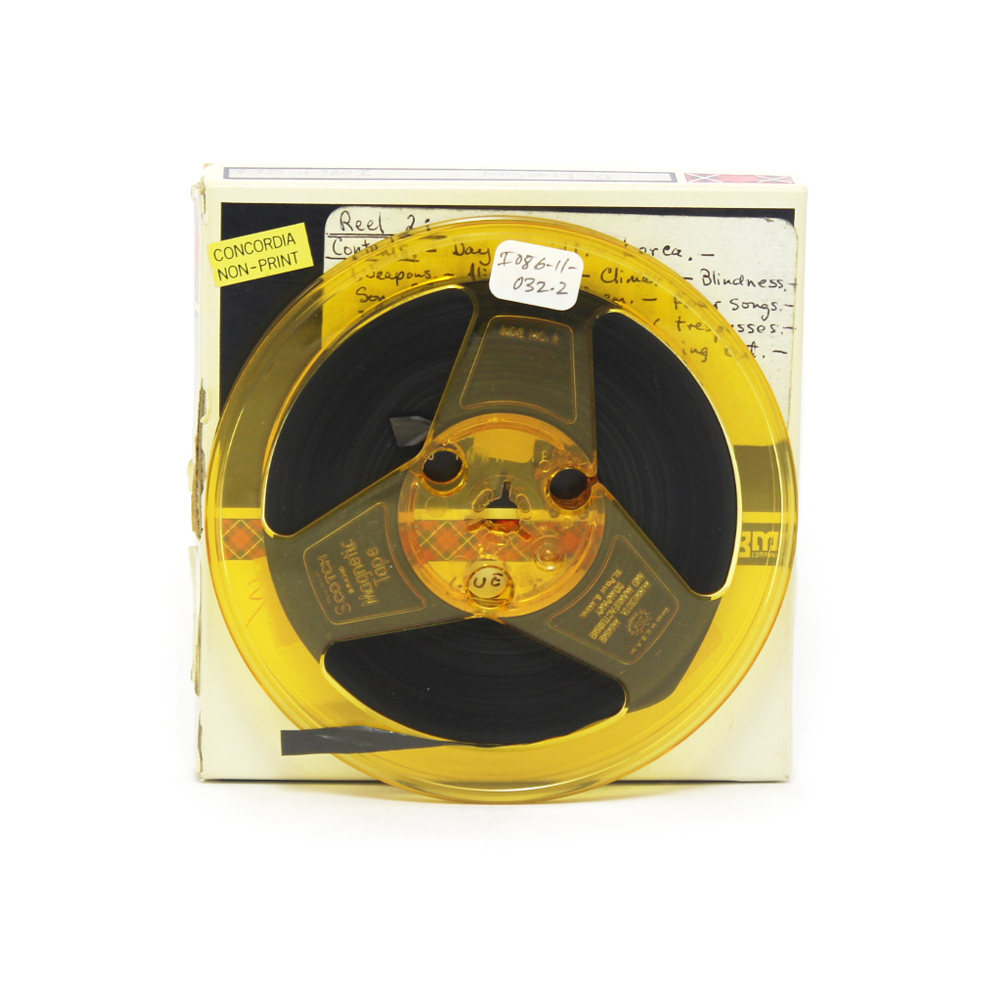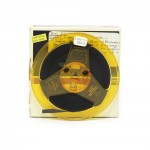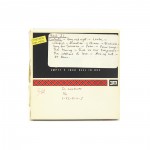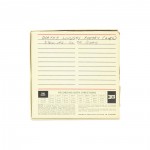Dorothy Livesay at SGWU, 1971, Part 2
Dorothy Livesay
00:00:00
Polish immigrant who came back to the same house to pick up his belongings, and not knowing what was happening, entered the house, and police shot him in the back and killed him. This happened in Montreal in 1934 or 5. So out of all those experiences, through the thirties, and out of another year I had in New Jersey, living amongst the Negro, very, very discriminated against people in Englewood, New Jersey. I, my whole poetry changed from being lyrical and personal to being social and yet I always, never felt it was something outside myself because I felt very powerfully the identification to what was happening to people. I returned from New Jersey about '36 and I wrote this poem which E.J. Pratt published in the first issue of the Canadian Poetry Magazine in 36. I guess I wrote it in about 1935. In it, there are various themes, the whole poem seemed to start from Cole Porter's lines, the song we were all singing then, "Night and Day". Night and day, you are the one...[sings.] And then also there's a theme from Lennon, who said "In order to make two steps forward you may have to go one step back". And this poem reverses that idea, in looking at industrial capitalist society. The other theme is that of the Negro and that of his exploitation and also of his release in song, and in Negro spiritual, because I did know them very well that year.
Annotation
00:02:16.74
Reads "Day and Night".
Dorothy Livesay
00:07:57.12
I might read one more poem from that period, "Lorca", and then perhaps you'd like a break. This is a little later, of course, this is about 1937-8, when the Spanish Civil War was raging and haunted us very much in this country, many friends we knew joined the MacKenzie-Papineau Batallion, and went a fought for Spain. At that time, we believed that the Spanish Court, Garcia Lorca, had been killed by Franco's men. I believe that, well in fact, Jack Spicer taught me that there's another version of his killing, that of a love triangle, but it didn't matter, the point was that many poets were fighting for Spain, and many were killed. So I'll just read "Lorca" if I can find it. Yes.
Annotation
00:09:15.64
Reads "Lorca".
Annotation
00:11:29.53
I'll pause now for a break. [CUT] And thought I don't want to appear to suit every taste, quite a lot of my poetry has been personal love poetry, beginning with the earliest days, my teenage, and I thought I would read a few very early love poems and then you could, you might be interested to compare them with those written within the last five or six years. These were from a book published in 1932, "Sign Post". And you'll notice that they're pretty well structured, and in a sense quite conventional, but perhaps they have a kind of feeling in them. "Weapons".
Annotation
00:12:25.73
Reads "Weapons".
Annotation
00:12:54.27
Reads "An Alienation".
Annotation
00:13:26.80
Reads "Climax".
Annotation
00:13:47.04
Reads "Blindness".
Dorothy Livesay
00:14:11.45
And a very short lyric, "Song for Solomon".
Annotation
00:14:17.26
Reads "Song for Solomon".
Dorothy Livesay
00:14:36.56
And now, a recent poems from the 1967 book, The Unquiet Bed. I'll read a little ballad that is the title poem, which one of my students set to music at one point. "The Unquiet Bed".
Annotation
00:14:56.05
Reads "The Unquiet Bed".
Dorothy Livesay
00:15:25.16
And "Four Songs".
Annotation
00:15:32.33
Reads "Four Songs".
Dorothy Livesay
00:16:41.42
And a poem which certainly wouldn't be acceptable to women's lib, yet it's an experience probably all women have had. It's called "The Taming".
Annotation
00:16:52.55
Reads "The Taming".
Dorothy Livesay
00:17:34.09
And "The Touching".
Annotation
00:17:39.15
Reads "The Touching".
Dorothy Livesay
00:18:49.98
And a little poem called "Give Us Our Trespasses", which was an attempt to do what Jack Spicer had advised us at some of his sessions, to completely wipe out all sensation, all the senses and see what happened when the words came out of this void, out of this [inaudible] and I did one poem about dreams dedicated to him, and then a little later, this other one came. One would listen in the dark for the words, but not expecting or unexpecting, you understand, but they would certainly arrive and I would turn on the light and write them down. And then turn off the light, turn to sleep again, but again, more words came, and so this series has about seven of these little interludes in it.
Annotation
00:19:52.77
Reads "Give Us Our Trespasses".
Dorothy Livesay
00:21:08.00
And two more from that book, one has five sections- six sections in it, it's called "The Notations of Love".
Annotation
00:21:22.07
Reads "The Notations of Love".
Dorothy Livesay
00:23:27.84
And a last one from there, "Moving Out"
Annotation
00:23:33.64
Reads "Moving Out".
Dorothy Livesay
00:24:07.09
Well, I have a few more recent poems, dealing a little differently perhaps with love. This is in the little book Plainsongs, which is still in print. "At Dawn".
Annotation
00:24:30.08
Reads "At Dawn".
Dorothy Livesay
00:24:58.24
And "Dream".
Annotation
00:25:03.69
Reads "Dream".
Dorothy Livesay
00:25:30.21
And this one "The Uninvited", the river in this is the St-John in New Brunswick and it's a theme that reoccurs a lot, whether one is a man or a woman, the feeling that even though one is walking with one's loved one, there is another lover who one also remembers, or who perhaps is coming, one fears.
Annotation
00:26:09.08
Reads "The Uninvited".
Dorothy Livesay
00:27:08.85
And perhaps just this last one, "Another Journey".
Annotation
00:27:17.32
Reads "Another Journey".
Dorothy Livesay
00:28:08.41
I'd like to read a poem about the West Coast, it was written summer before last, in Victoria, where one was, I suppose feeling one's age, and yet observing the eternal pattern of the young. And perhaps relating it to our own history in this country. It's a more I suppose didactic poem. "The Artifacts, West Coast".
Annotation
00:28:51.42
Reads "The Artifacts, West Coast". [perhaps not finished, CUT]
Annotation
00:32:14.94
END OF RECORDING




